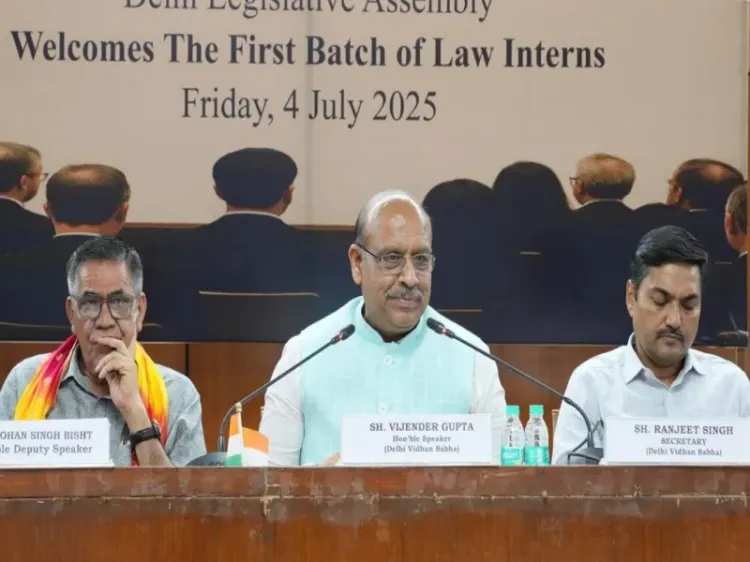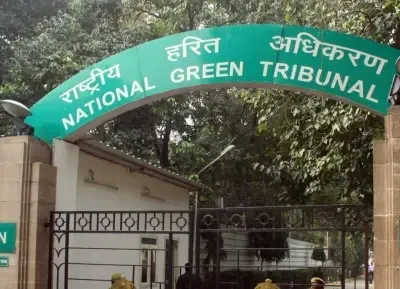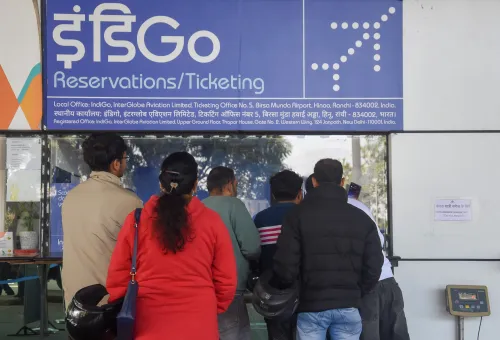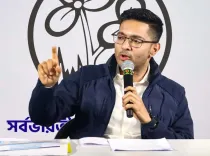How Does Parliamentary Democracy Flourish Through Respect for State Organs?

Synopsis
Key Takeaways
- Institutional harmony is vital for democratic governance.
- The history of Delhi's legislature dates back to 1952.
- New committees focus on marginalized communities.
- Effective legislation requires public engagement.
- 35 House Committees were formed in four phases.
New Delhi, July 4 (NationPress) The Speaker of the Delhi Assembly, Vijender Gupta, emphasized on Friday that the foundation of parliamentary democracy is grounded in honoring the unique roles and privileges of every state organ.
While speaking to a gathering of law interns at the Conference Hall within the Assembly complex, Gupta stated: “Maintaining institutional harmony requires that one organ does not infringe upon the jurisdiction of another; this equilibrium is essential for the fabric of democratic governance.”
The interns, who hailed from prominent law schools across India, participated in an educational initiative organized by the Bureau of Legislative Research.
Deputy Speaker Mohan Singh Bisht was also in attendance.
Gupta traced the history of Delhi’s legislature, which commenced with the establishment of the Assembly on March 17, 1952, under the Government of Part C States Act, 1951.
He pointed out the Balakrishnan Committee’s (Sarkaria Committee) recommendations from 1987, which pushed for the reinstatement of an elected legislature for Delhi.
These recommendations led to the implementation of the Constitution (69th Amendment) Act, 1991, which introduced Articles 239AA and 239AB, thereby re-establishing the Legislative Assembly.
He concluded by asserting that effective legislation must be deeply rooted in ongoing public engagement and responsive governance.
Earlier in the day, the Speaker declared the establishment of Special Committees aimed at the welfare of senior citizens and five additional House panels, bringing the total to 35.
The newly announced panels focus on vital issues such as senior citizens’ welfare, peace and harmony, as well as the welfare of transgenders and individuals with disabilities, among others.
An official from the Assembly Secretariat remarked that these Special Committees are designed to bolster institutional mechanisms and ensure focused attention on the needs of marginalized and underrepresented communities.
The formation of these 35 House Committees occurred in four phases: 11 committees were initiated in the first phase, seven in the second, 11 in the third, and the latest six in the fourth phase.
Gupta noted that the introduction of these new Committees underscores the Assembly's dedication to producing responsive and equitable legislation.










